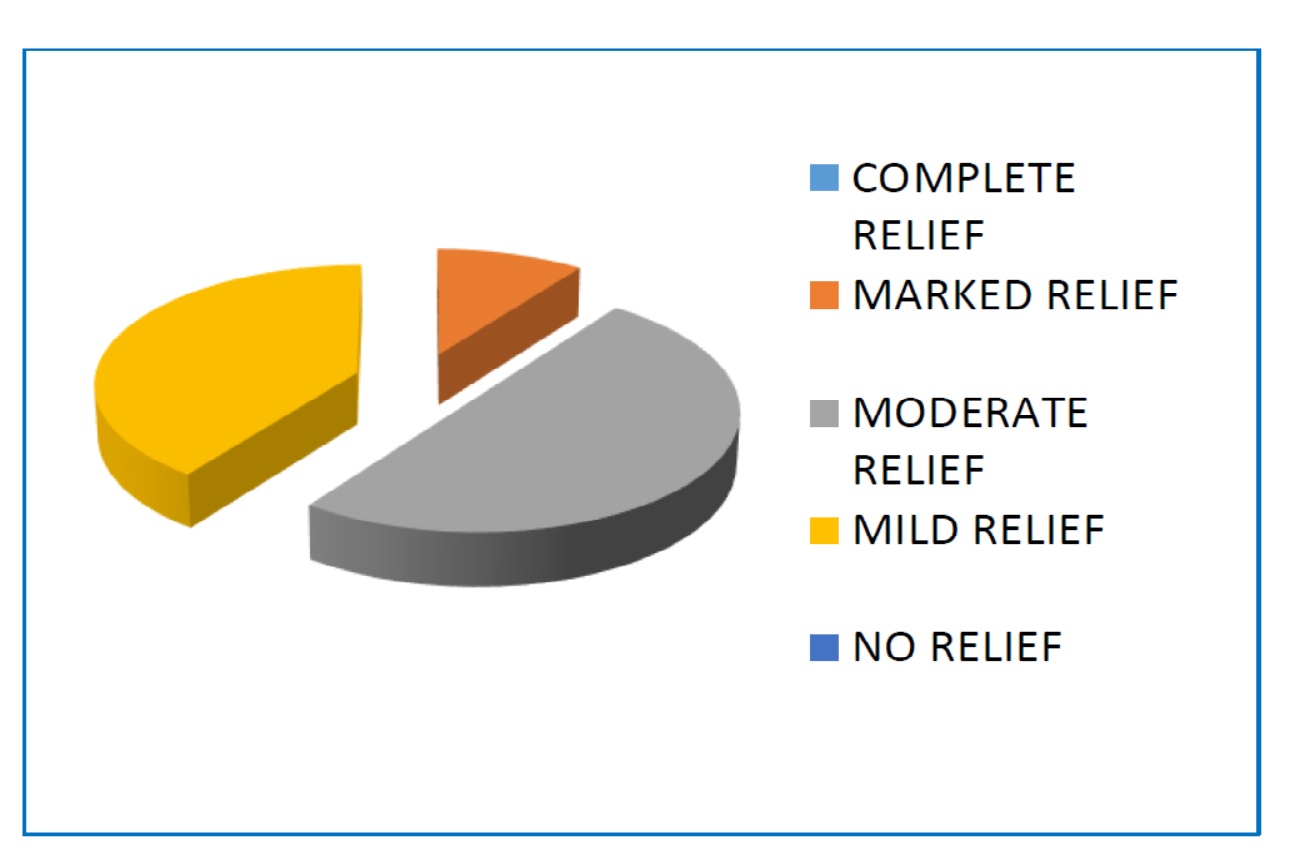A clinical study to evaluate the Upashayatmaka effect of Trikarshika Kwatha in Amavata (Rheumatoid Arthritis)
DOI:
https://doi.org/10.21760/jaims.v6i5.1485Keywords:
Amavata; Rheumatoid Arthritis; Upashaya; Trikarshika Kwatha.Abstract
Background: Amavata is the disease which is caused due to the involvement of Ama and Vata. Rheumatoid Arthritis is having significant parlance with Amavata in terms of the symptoms produced in the body. The prevalence of Rheumatoid Arthritis is approximately 0.8% of the population. Women are affected approximately three times more often than men. Objectives: To carry out comprehensive literary work covering classical and modern aspect of Amavata and to evaluate the Upashayatmaka effect of Trikarshika Kwatha in Amavata. Methodology: A Single group open labelled clinical study with pre and post test design was carried out in 30 subjects of Amavata aged 16-70 years. Patients were analyzed and selected accordingly who fulfilled the diagnostic and inclusion criteria. Trikarshika Kwatha 48ml twice a day before food was given for 15 days. Detailed proforma was prepared to assess the observation. Results: All the parameters were highly statistically significant with p<0.001 except RA Factor which was statistically insignificant throughout the study. Conclusion: Trikarshika Kwatha proved beneficial in reducing the symptoms of Amavata.
Downloads
References
Madhavakara, Madhava Nidana. English translation by Prof.Srikanta Murthy, Varanasi: Chaukambha Orientalia; ed.2011, Part 1,Ch.25,pp.95
Kasper Dennis L,Hauser Stephen L,Jameson Laury J,Fauci Anthony S,Longo Dan L,Loscalzo Joseph,Harrison’s Principle of Internal Medicine.Vol 2, 19th ed. NewYork: Mcgraw Hill Publishers; 2015,pp.2139-2140
Nicki R Colledge, Brian R. Walker, Stuart H Ralston, Davidson’s principles & Practise of Medicine,Churchill Livingston Elsevier Publications,21st ed.pp.1089
Chakrapanidatta, Chakradatta, Dwivedy Ramanath editor. Varanasi: Chaukambha Sanskrit Bhawan;2011, Ch.23,Sl.no 4,pp.250
Sarangadhara, Sarangadhara Samhitha. Himasagara Chandra Murthy editor. Varanasi: Chaukambha Sanskrit series Office;2013, Purvardha, pp.44
Agnivesha, Charaka Samhitha with Ayurveda Dipika Commentary of Chakrapanidatta, Yadavji Trikamji editor.Varanasi: Chaukambha Prakashan; 2000, Sutra sthana, Ch.26, Sloka no 81, pp.149
Agnivesha,Charaka Samhitha with Ayurveda Dipika Commentary of Chakrapanidatta,Yadavji Trikamji editor. Varanasi: Chaukambha Prakashan; 2000, Sutra sthana, Ch.26, Sloka no 66, pp.148
Harita, Harita Samhitha. Hariahara Prasad Tripati editor. Varanasi: Chaukambha Krishnadas Academy;2nd ed.2009, Ch.16,pp.16,17
Dr.J.L.N Shastry, Dravya Guna Vijnana,Study Of Essential Medicinal Plants in Ayurveda. Varanasi: Chaukambha Orientalia;2014, pp.33,871,264
Agnivesha, Charaka Samhitha with Ayurveda Dipika Commentary of Chakrapanidatta, Yadavji Trikamji editor. Varanasi: Chaukambha Prakashan; 2010, Nidana sthana, Ch.1, Sloka no 9, pp.195.















